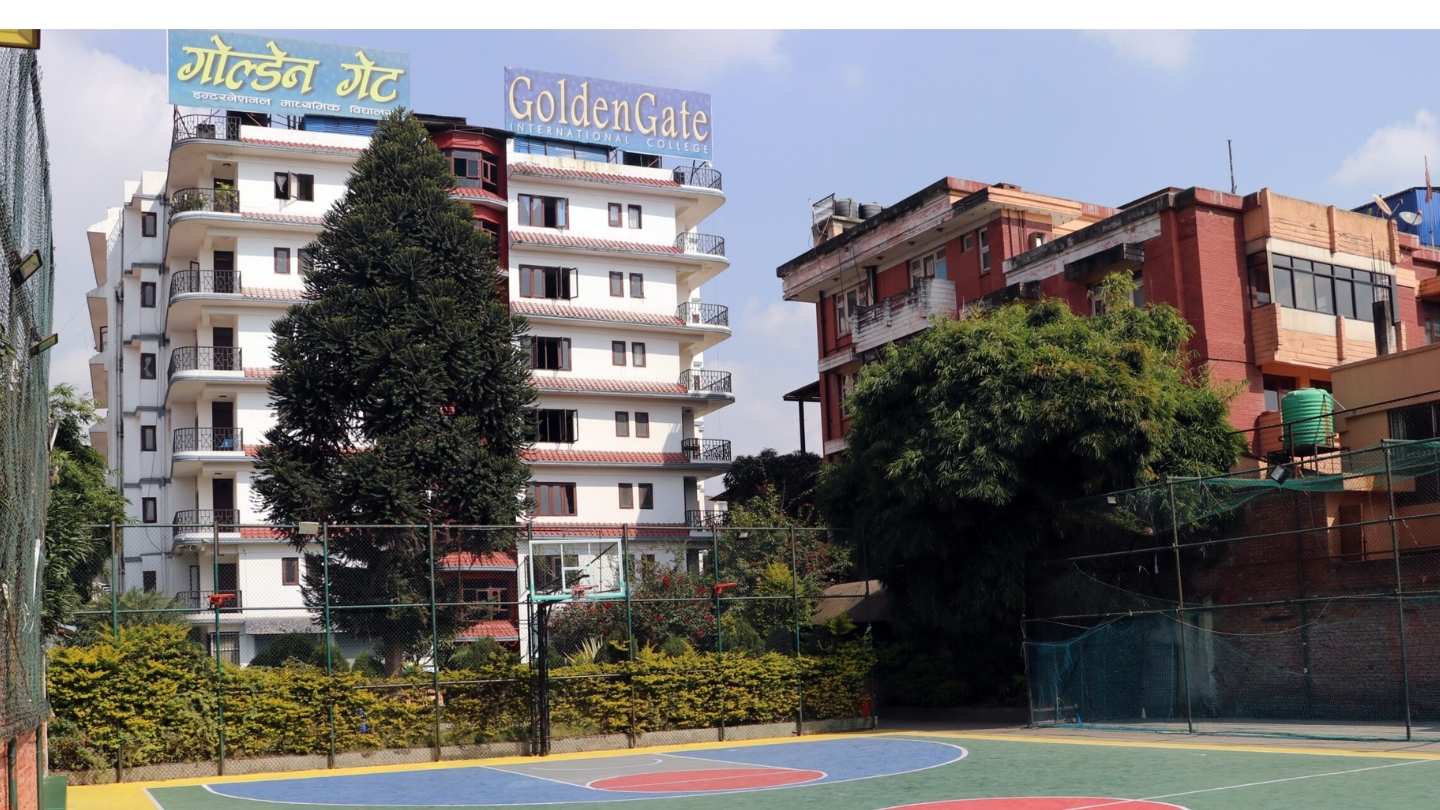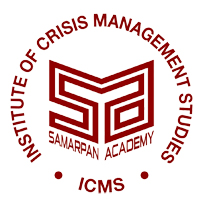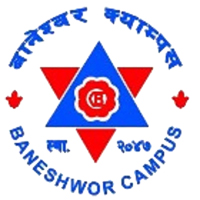Overview
MA Economics at GoldenGate International College, Battisputali, Kathmandu
MA Economics at GoldenGate International College, Battisputali–Old Baneshwor, Kathmandu, follows Tribhuvan University’s semester structure.
The course advances micro and macro theory, econometrics, development, public finance, monetary and international economics, and research design. Your training moves between models and data so you can read evidence, test claims, and write notes that guide decisions.

Highlights
Affiliation: Tribhuvan University
Duration: 2 years (4 semesters)
Academic Area: Microeconomics, macroeconomics, econometrics, development economics, public economics, monetary economics, international economics, Nepalese economy, research methods
Location: Battisputali, Kathmandu
Evaluation: Internal assessments and TU semester examinations; thesis or project where applicable
Learning Support: Spreadsheet and statistics labs, policy seminars, library access, and faculty mentoring
Curriculum Details
Early semesters rebuild theory and measure. Students analyze consumer and firm behavior, general equilibrium ideas, growth and business cycles, and open-economy links. Exercises require diagrams, derivations, and clear narration of assumptions.
Econometrics appears alongside statistical thinking and data cleaning. Learners work with spreadsheets and entry-level statistical packages where scheduled. Tasks move from descriptive views to simple regressions, diagnostics, and interpretation that avoids overclaiming.
Later semesters dive into development, poverty and inequality measures, public finance, monetary transmission, trade theory, exchange rates, and country case work. A research methods module guides proposal writing, tool selection, and ethics. The final segment leads to a thesis or project with defense.
Objectives
-
Theory and Measure: Link models to data and explain limits with care.
-
Data Literacy: Build clean datasets, select indicators, and report results that another analyst can replicate.
-
Policy Reading: Summarize budget statements, monetary notes, or sector papers without bias.
-
Writing for Decisions: Prepare short memos and slide decks that show method, result, and implication.
-
Progression: Prepare for roles that value analysis or for further study in economics or public policy.
Scope
Graduates move into research assistance, data analysis, planning and monitoring units, banking support, and evaluation roles. Organizations seek staff who can process datasets, check trends, and present measured conclusions. Students who plan for PhD or policy schools use the thesis or project as a stepping stone.
Learning Outcomes
-
Micro and Macro Tools: Explain welfare results, market power, stabilization choices, and growth paths.
-
Econometric Practice: Run and interpret simple models, discuss assumptions, and note caveats.
-
Development Focus: Read poverty, inequality, and human development indicators with context.
-
Public Finance and Money: Trace revenue structure, spending choices, inflation paths, and rate channels.
-
Trade and External Sector: Discuss comparative advantage, balance of payments, and exchange movements.
Skill Development Modules
-
Data Skills: Spreadsheet proficiency, descriptive statistics, chart design, and summary tables.
-
Econometrics: Model specification, estimation, residual checks, and robustness notes.
-
Policy Writing: Two-page briefs with a headline chart and three-point takeaway.
-
Field and Survey Basics: Questionnaire design, sampling frames, and data entry protocols.
-
Presentation: Clean slides, speaker notes, and time-bound delivery.
Teaching Methodology
Teaching blends lecture–discussion, problem sets, lab sessions, and policy seminars. Internal assessment uses quizzes, assignments, presentations, and lab outputs. Final grading follows Tribhuvan University’s semester examinations and thesis or project evaluation.
Admission Requirements
Eligibility: Bachelor’s degree that meets Tribhuvan University criteria for MA Economics entry
Entrance: Department/college process as announced for the intake
Selection: Merit ranking, counseling or interview where scheduled, and document verification
Documents: Bachelor transcripts, character certificate, recent photos, identification, and equivalence if applicable
Advisory: Applicants from other universities complete equivalence procedures before admission
Career Opportunities
Typical Roles: Research assistant, data analyst, planning and monitoring officer, banking operations analyst, M&E assistant, policy associate
Work Settings: Government and public bodies, think tanks, NGOs/INGOs, banks and financial institutions, development projects, and consulting units
Progression: MPhil/PhD or public policy schools, sector certifications, and exams where entry rules fit
Scholarships and Financial Aid
Categories: Merit by results, entrance performance, inclusion categories, community-school background, and recognized ECA/sports
Renewal: Continuation based on academic performance and program rules
Tip: Maintain a portfolio of datasets, briefs, and presentation decks to document progress for scholarship and job reviews
Why Choose This Course?
Balanced Focus: Theory, data, and policy writing move together across four semesters.
Hands-On Labs: Regular spreadsheet and statistics sessions build speed and accuracy.
Policy Relevance: Assignments connect classroom models to budget lines, monetary notes, and sector reports.
Next Steps: A solid thesis or project supports applications to research roles and doctoral or policy programs.
Conclusion
MA Economics at GoldenGate International College strengthens how you handle models, data, and policy notes. Students learn to keep datasets tidy, run checks, and write conclusions that match evidence. Consistent practice and precise writing help you earn trust in analysis and planning roles.
FAQ
Is the program under Tribhuvan University?
Yes. The course follows Tribhuvan University’s semester structure.
How long is the program?
Two years across four semesters.
Does admission include an entrance step?
Yes. Applicants follow the process announced for the intake.
What tools are used for data work?
Spreadsheets and entry-level statistics software where scheduled in labs.
What roles suit graduates?
Research assistant, data analyst, planning and monitoring staff, banking analyst, and policy associate.





















